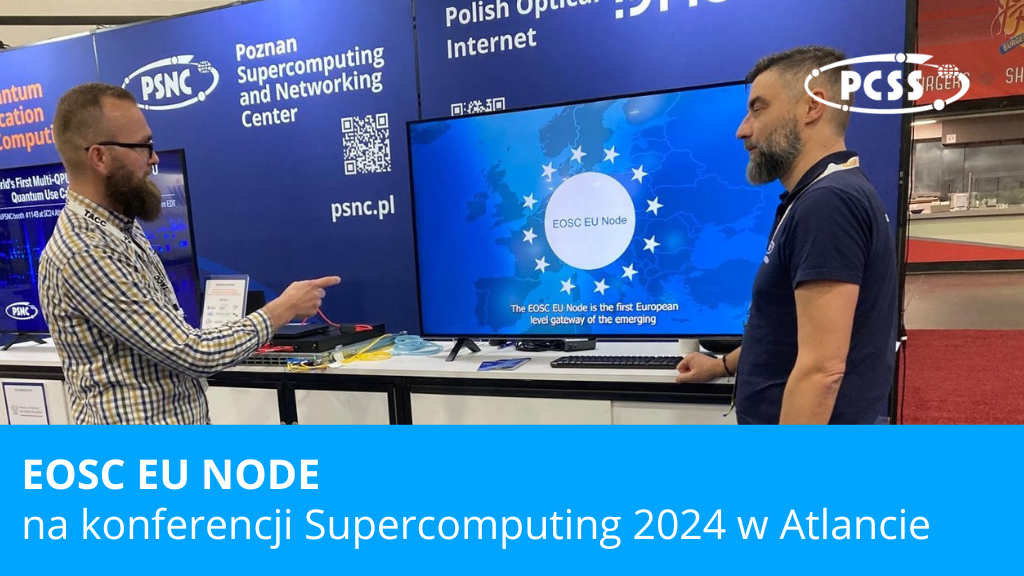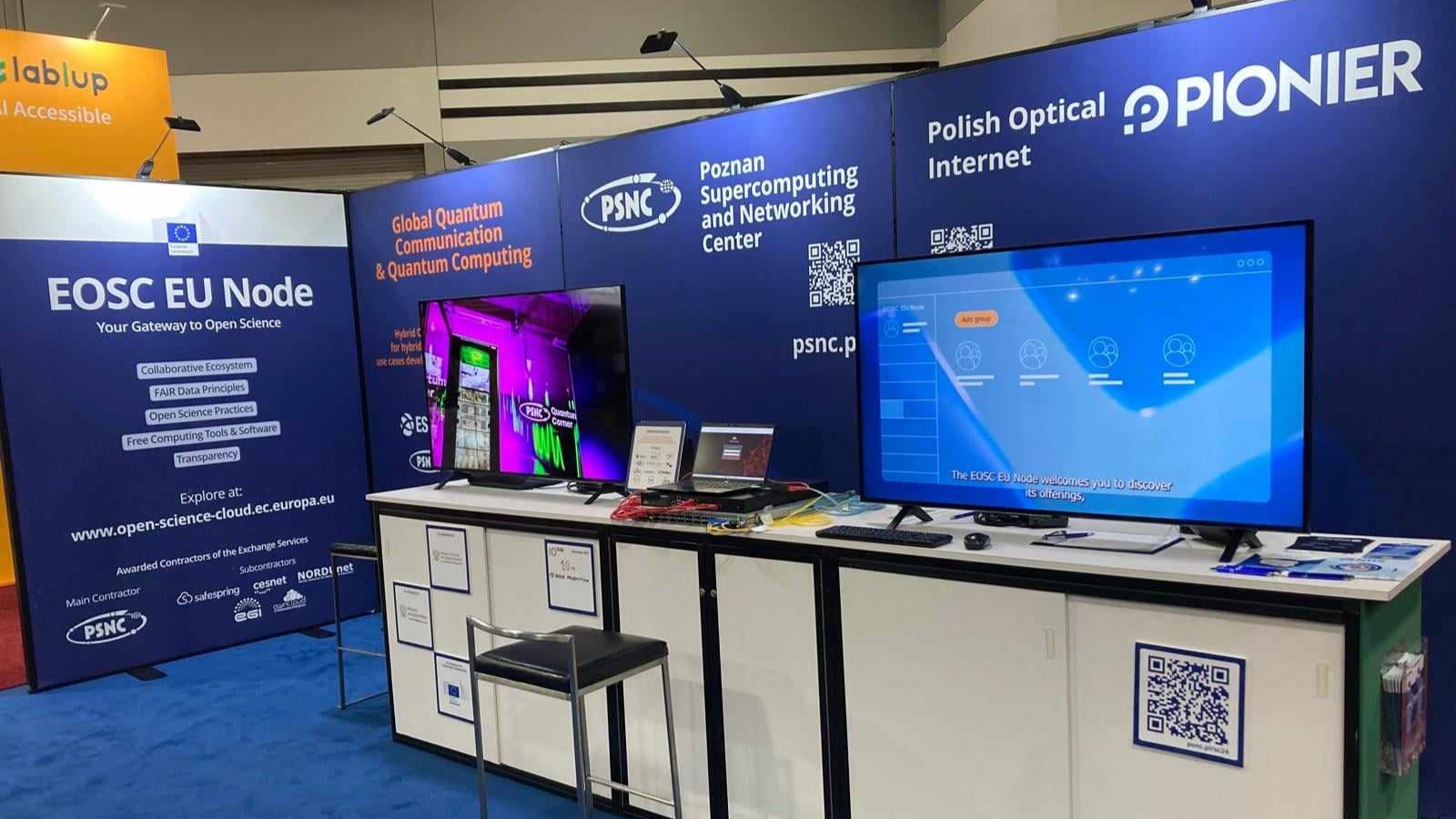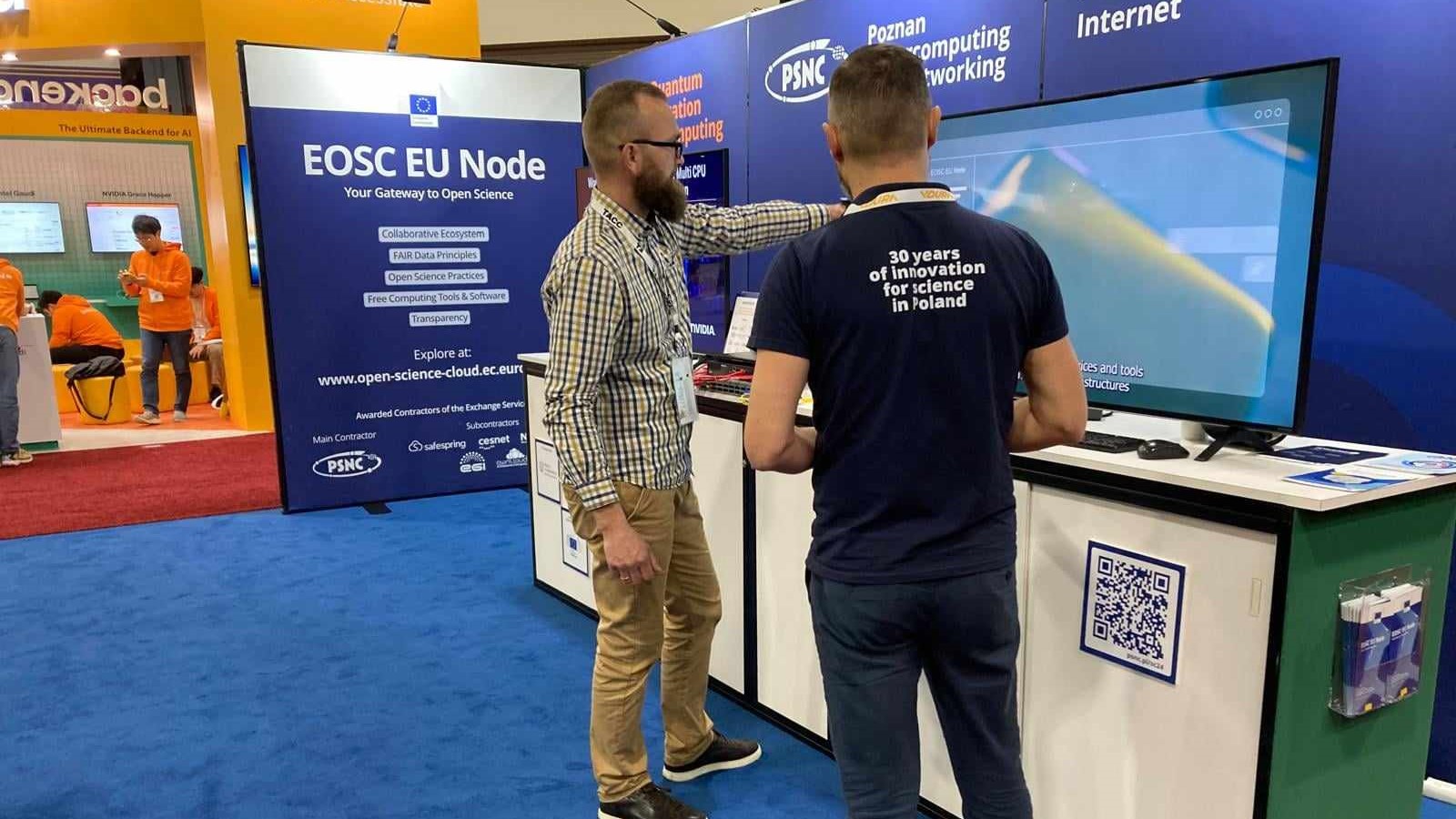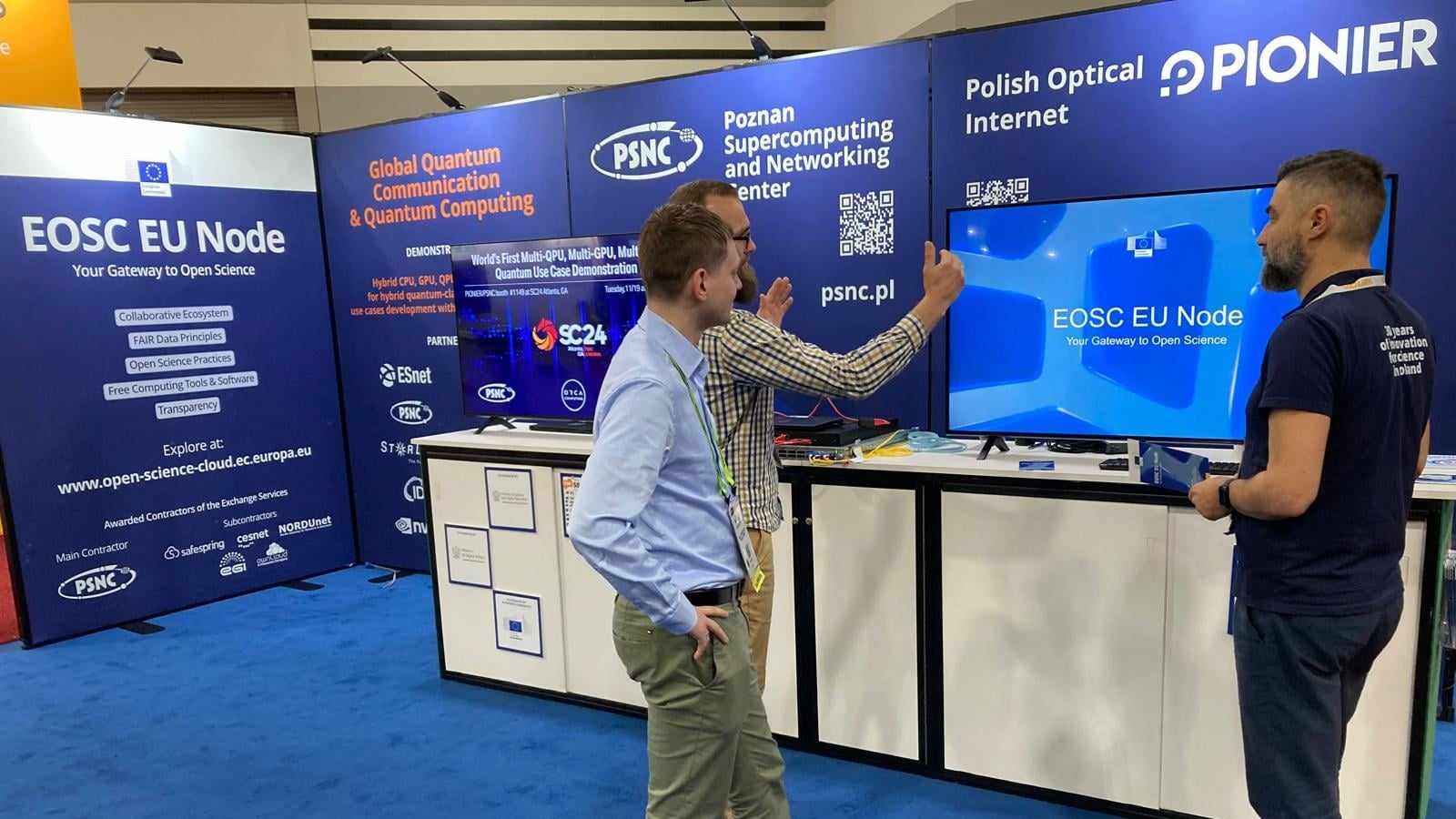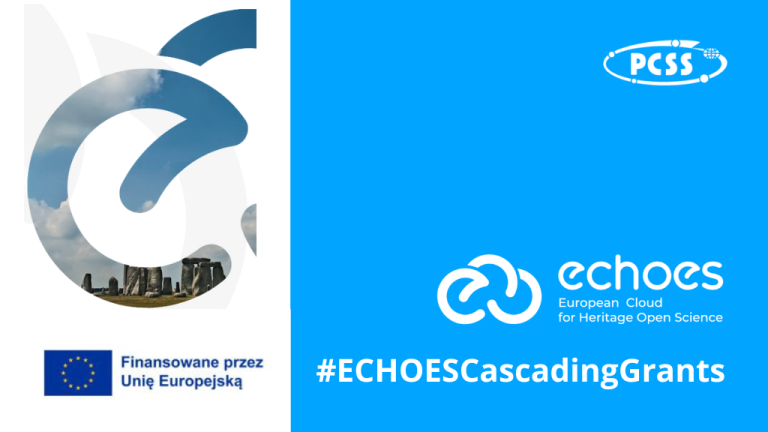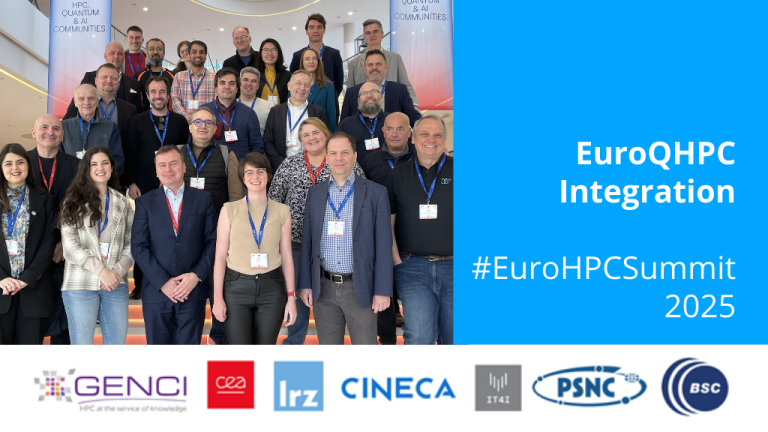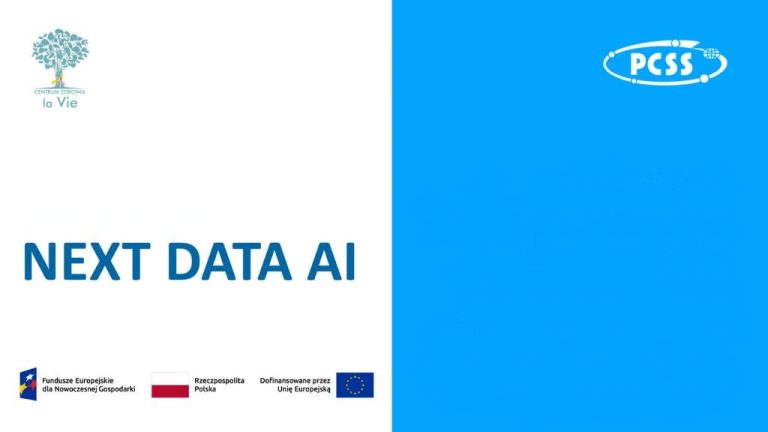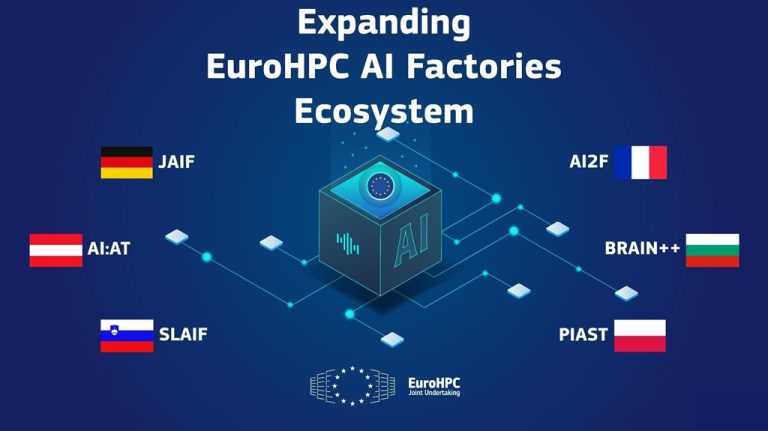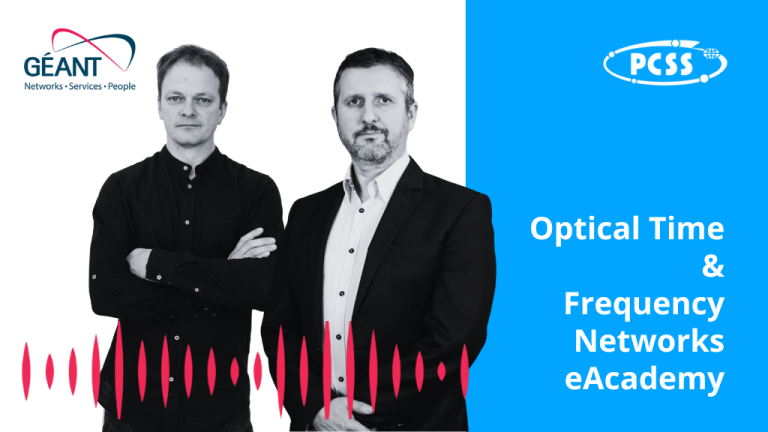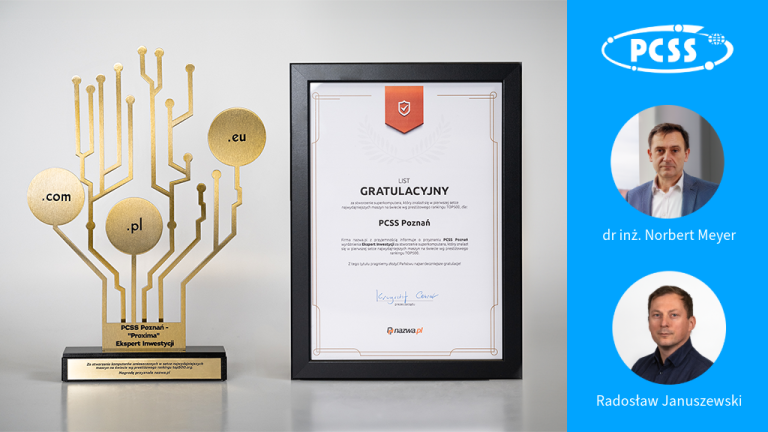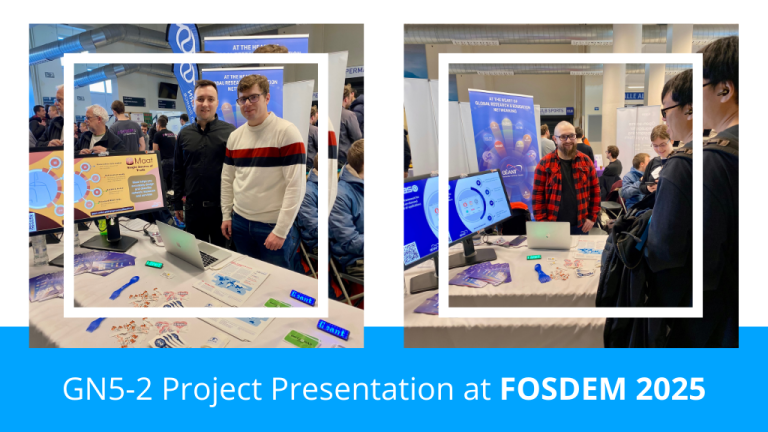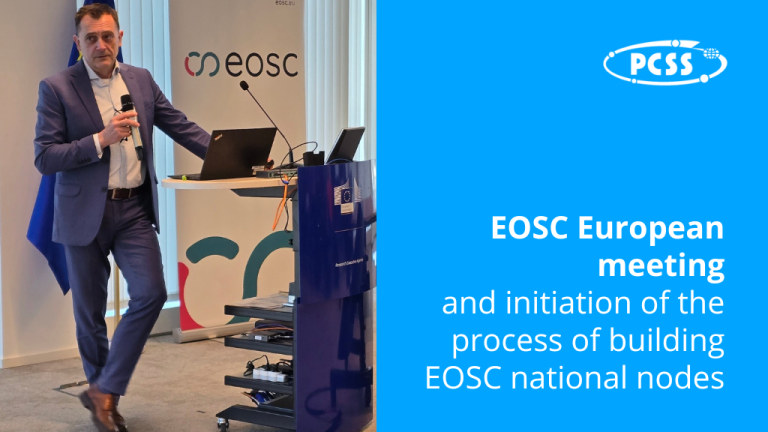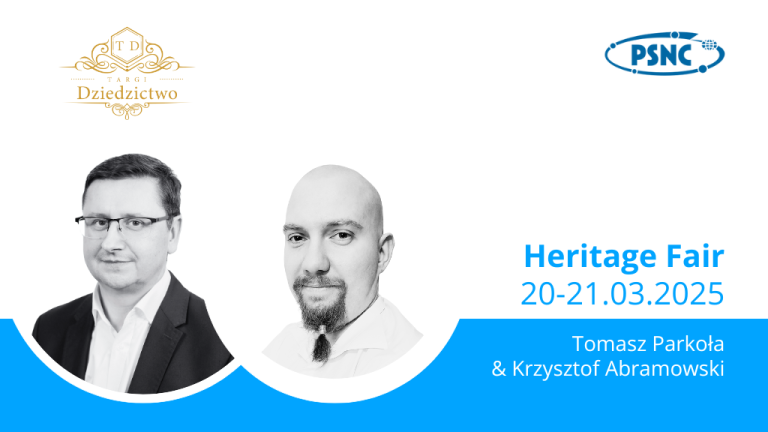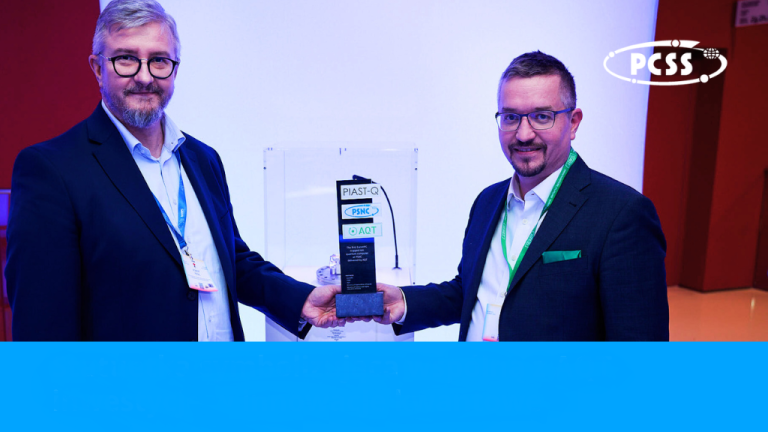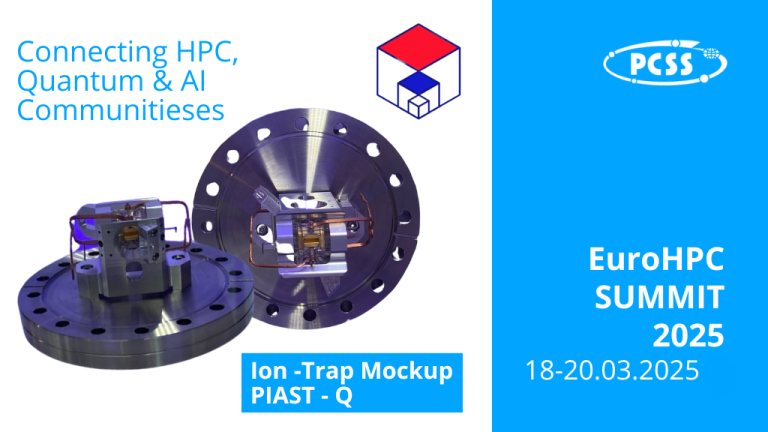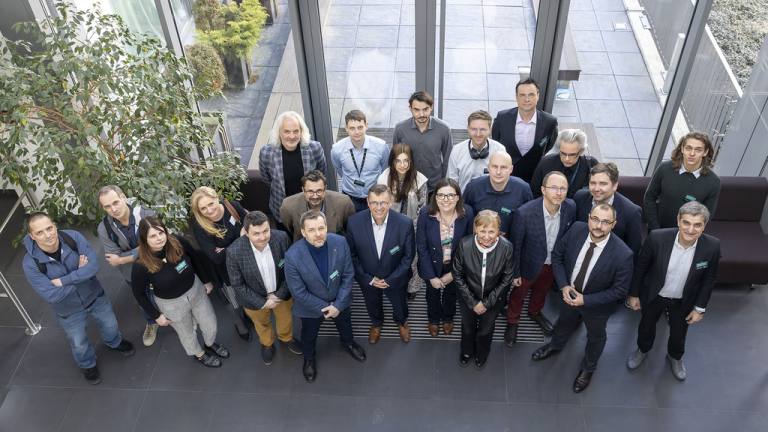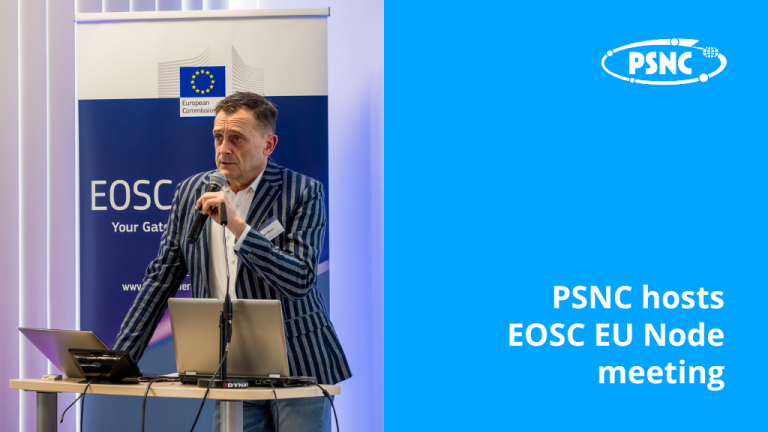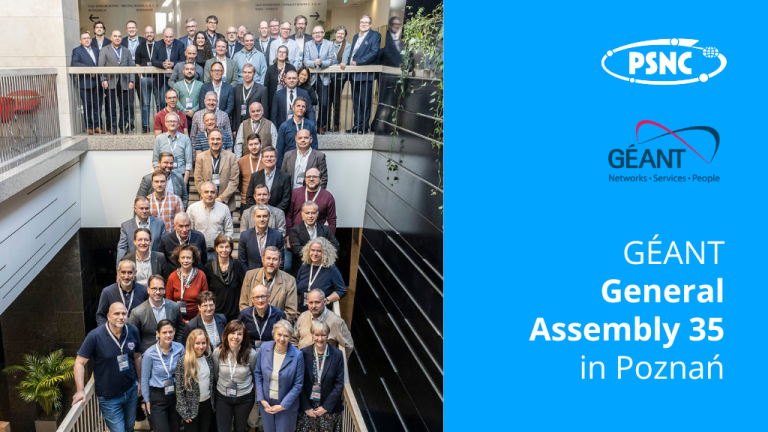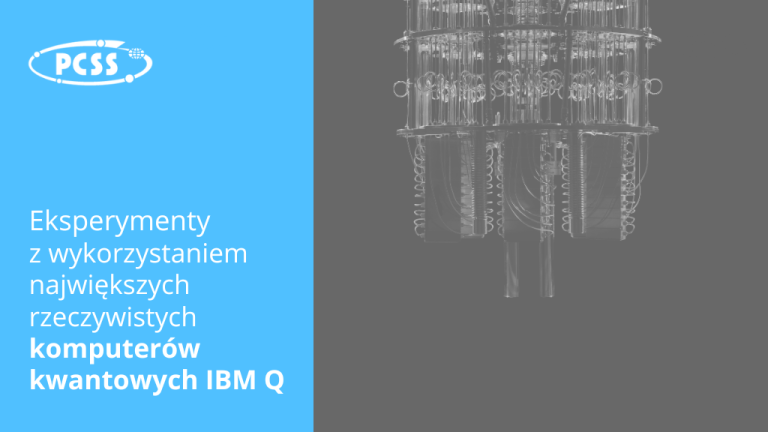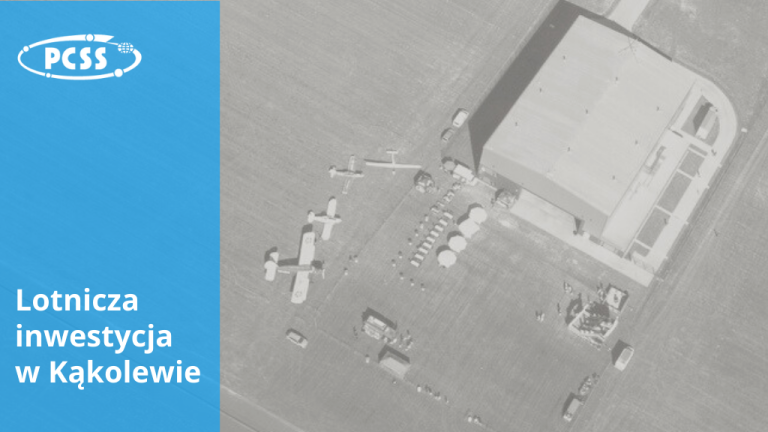PSNC premiered its own original data access system EOSC EU NODE (European Open Science Cloud EU NODE) during the SC24 conference in Atlanta. The conference is well known for HPC, cloud, computing and data access solutions galore presented there on a yearly basis. The PSNC system constitutes the very first node dedicated entirely to the European Commission’s open scientific data project (EOSC).
PSNC along with its partners created data services and provided infrastructure for researchers from all over Europe. EOSC EU NODE is the first step towards building federated data nodes on the Old Continent. Those nodes are going to concern data on a national, industry branch or project level – the example of which may be ESFRI list (the list of key research infrastructures in Europe).
HPC, AI and EOSC
EOSC is the European Commission’s answer to the idea of “open data”. It is a concept of making data and information public – available to whoever it may concern: research institutes, economy sector, as well as general public.
Given proper storage structure, open data can be easily browsed through and processed. In order to control critically large amounts of data, we need specialized HPCs with implemented AI models. “Swimming in the ocean of data” allows AI to train its algorithms, which, after further optimization, are used to navigate much smaller systems (like servers and clouds) and obtain information from raw data.
Building Key Solutions on an International Scale
Imagine a European node (European Commission’s EOSC EU NODE) or EOSC NODE based on the NDS (National Data Storage) and supported by Proxima supercomputer, which has specialized GP-GPU accelerators to support AI models. Now imagine it is connected, or rather federated with a European network and other EOSC data nodes.
The PSNC version of open data EOSC concept is a hybrid, utilizing the resources of NDS (10 nodes in Poland) and PRACE-LAB/PRACE-LAB 2 (HPC infrastructure in Poland) plus AI methods of fast knowledge acquisition from the available data collections.
EOSC
EOSC EU Node platform provides functionalities that are crucial for any scientific research community. Those include:
• Browsing and making use of millions of scientific publications, data and software.
• Access to services and tools of research infrastructures, technology providers and leading computing clusters, among others.
• Availability of integrated computing, data storage and free interactive tools used for cooperation, applications and services.
• Creating teams, cooperation and using Open Science rules in practice, which in turn provides access to a variety of tools, services and resources designed to support and enhance research processes.
The platform provides its users with support at every stage of their research and promotes building bonds based on cooperation plus developing innovative solutions among members of the European scientific community. It is possible thanks to a set of services which solves the most important issues of research, enabling its users to work efficiently in the environments that use scientific data extensively. The services in question include:
• Large scale data transfer: an easy way of transferring data to the environment where it is going to be extensively used.
• Large files transfer: efficient and extra safe online transfer of large files, maintaining their full integrity.
• Virtual machines: flexible designing and carrying out experiments while maintaining reproducibility.
• Cloud container platform: deploying cloud-native containerised applications that can easily scale.
• Interactive notebooks: creating and sharing documents with real-time code execution.
• File synch and share: enabling automatic file syncing and secure sharing across locations and teams.
Since the launch of those services co-creators can easily access the most important functionalities “as a Service” and make use of the state-of-the-art EOSC infrastructure while working on their own projects. This federative approach to sharing resources is the key element of EOSC EU Node, which supports the creation of a fully connected research environment that is open for more cooperation.
In accordance with the mission of promoting Open Science, EOSC EU Node is the first European node of the EOSC Federation. When fully created, the Federation is going to be a network of connected, yet autonomic nodes, which operate on the basis of their shared standards, policy and good practices.
Find out more about EOSC EU Node here:
https://open-science-cloud.ec.europa.eu/

